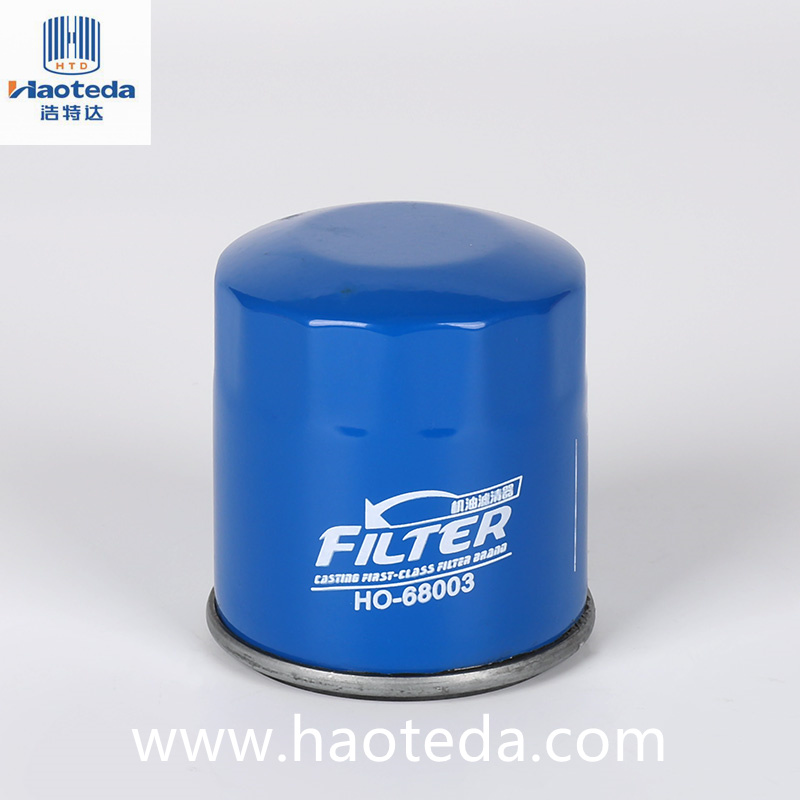When considering the choice of oil filters for an engine, particularly in vehicles subjected to varying conditions, the efficiency of oil flow during cold starts and under high RPM conditions is crucial. Among the options available, metal oil filters are often noted for their robust construction and durability.
Understanding Oil Flow Dynamics
Oil flow within an engine is governed by several factors, including the viscosity of the oil, the efficiency of the oil pump, and importantly, the characteristics of the oil filter itself. During cold starts, when oil viscosity is higher, and under high RPM conditions, where the oil pump operates at increased pressures, the ability of the oil filter to facilitate uninterrupted oil flow is paramount to engine performance and longevity.
The Role of Filter Design
While metal oil filters boast a sturdy outer casing typically made of steel, their ability to enhance oil flow is primarily determined by the internal design elements:
Filter Media Efficiency: The filter media inside the oil filter plays a critical role in filtering contaminants while allowing oil to flow freely. This media can be made of various materials, including synthetic fibers or cellulose, engineered to balance filtration efficiency with minimal flow resistance.
Flow Rate Considerations: During cold starts, the design of the filter media impacts how quickly oil can pass through. Filters with efficient media designs ensure that adequate oil flow is maintained from the moment the engine starts, reducing wear on critical engine components.
Performance at High RPM: Under high engine RPM conditions, the oil pump operates at increased pressures to deliver oil throughout the engine. A well-designed oil filter, regardless of its outer casing material, should maintain structural integrity and prevent oil bypass to ensure consistent filtration and lubrication under these demanding circumstances.

Metal Oil Filters: Strengths and Considerations
Metal oil filters are favored for their durability and ability to withstand higher pressures without deforming. This strength is particularly beneficial in high-performance engines or vehicles subjected to heavy-duty use. However, the metal casing itself does not directly influence oil flow characteristics during cold starts or under high RPM conditions.
Choosing the Right Filter
When selecting an oil filter for your vehicle, it's essential to consider:
Filtration Efficiency: Look for filters with high-efficiency filter media that can effectively trap contaminants while allowing optimal oil flow.
Application Specificity: Choose a filter designed for your engine's specifications and expected operating conditions, whether standard driving, high-performance use, or extreme environments.
Maintenance: Regular filter changes are crucial to maintaining engine health. Follow manufacturer recommendations for filter replacement intervals to ensure optimal performance.
While metal oil filters are renowned for their durability and structural integrity, their effectiveness in facilitating oil flow during critical engine conditions—such as cold starts and high RPM operation—is primarily dependent on the design and efficiency of the internal filter media. Proper selection and maintenance of the oil filter based on these factors are key to ensuring consistent oil flow, efficient filtration, and overall engine longevity.
In essence, while metal oil filters provide robustness and reliability, their performance during cold starts and high RPM conditions hinges more on internal design factors rather than the material of the outer casing alone. Understanding these dynamics helps in making informed choices that optimize engine performance and reliability across diverse driving conditions.
 English
English
 English
English Español
Español Français
Français
 +86-139-6774-0263
+86-139-6774-0263









